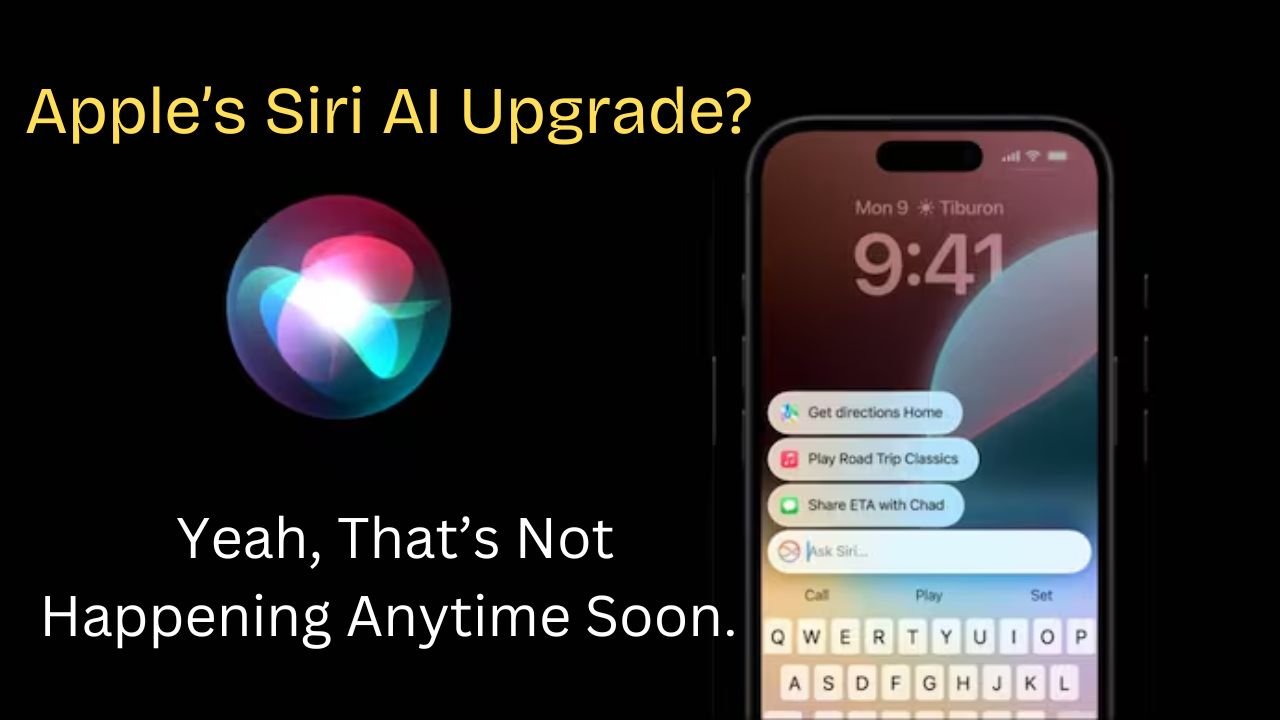[ad_1]
An AI-powered ‘doom forecaster’ called Life2vec, developed through a research collaboration between Denmark and the US, claims to predict personalized chances of premature death, future income and disease risks with an accuracy of around 75-78%. This intriguing life outcome calculator applies advanced transformer algorithms, similar to ChatGPT’s approach. However, direct access remains limited so far, given ethical concerns about possible hasty use. As a science writer, I have thoroughly researched Life2vec to produce this comprehensive overview, which outlines its remarkable but controversial capabilities and current barriers to public implementation.
What is the Life2vec calculator?
The Life2vec calculator is an artificial intelligence tool that uses just four key personal data points – age, weight, diet, employment status – to predict various life outcomes for individuals, including:
- Estimated lifespan and risk of premature death
- Projected future earning potential
- Chances of developing serious diseases
It carries out these predictions by recognizing patterns in the health records of the Danish population for more than six million citizens, and tries to discover correlations similar to the way language predictive algorithms work. For example, smoking could increase mortality, while higher income could increase life expectancy.
How to use AI Death Predictor online
Step 1: Click on the link below.
Step 2: Enter the age, weight, height, etc.
Step 3: Click the Calculate button.
Step 4: Get the remaining years.
| Predictive factors | Example insights |
| Smoking habits | Smokers had an 11% higher mortality from cardiovascular disease |
| Income level | Above average income linked to 7% lower mortality rates |
| Work status | Unemployment is linked to an 11% increase in substance abuse |
How are these terrifying life predictions made?
Life2vec uses “transformer” machine learning architectures commonly used in text analytics tools such as ChatGPT. After parsing massive data sets looking for statistical relationships linking lifestyle factors or advantages/disadvantages to longevity, it identifies patterns and makes computational guesses about mortality risks and income for new individuals it hasn’t seen before.
Can the public gain access to this AI oracle?
Perhaps unsurprisingly given the complexity of predicting human lifespans, the scientists behind Life2vec have not yet made their algorithm public. To access this study, you must navigate to their GitHub page, which contains source code and Danish population data for conducting experimental analyses.
However, the intended use remains strictly within the research context. Broader direct access raises ethical concerns about misinterpretations or arrogant personalized use for important financial and healthcare decisions where the reliability of this instrument remains unvalidated. Developers cite Danish privacy laws as further barriers to the public rollout.
What could I actually ask this AI oracle about myself?
If you are granted access for research purposes, you will be able to enter your age, weight, eating habits, employment status and other essential personal data. In theory, the algorithm would compare your specific data with population data to provide a personalized probability estimate of your risks of premature death, expected future income level, and likelihood of serious illness.
However, without rigorous external testing and accountability measures, such personalized predictions generated by these models prove premature and risky. For now, public implementation remains rightly limited due to uncertainties about real-world accuracy and the potential for misuse or overreliance on AI-estimated life outcomes.
Limitations of the Life2vec predictor
While showing promise in pattern recognition that links certain lifestyle risks to mortality, real human health courses defy simplistic models, even with massive data. There are many outliers in long-term studies, suggesting that there are additional unknown variables driving longevity and income predictions.
Correlation does not equal causation
In twin studies, identical genetics fail to determine identical lifespans. Confounding variables are likely driving many statistical relationships that Life2vec detects between behavior and mortality, but which do not imply a direct causal relationship. Lifestyle choices become entangled in genetics and other intrinsic qualities that shape longevity in ways that even advanced AI cannot fully untangle.
Risk of perpetuating social prejudices
As critics note, by anchoring predictions in current population data, Life2vec may perpetuate or even reinforce existing biases when certain groups face structural disadvantages. Rigorous audits remain necessary to ensure fairness before such an instrument with an emotional impact is seriously applied.
The Verdict: Intriguing but not ready for Prime Time
The Life2vec life outcomes calculator represents an ethically concerning but highly intriguing application of AI to predict mortality, income and disease trajectories. Human complexity in the real world likely exceeds even the most advanced computational pattern recognition capabilities. Until rigorous third-party audits validate performance, individual use remains far too speculative and psychologically dangerous given its unreliability. For now, public access remains rightly limited, but such tools highlight AI’s emerging double-edged potential to either drive personalized decision-making or unfairly limit prospects if applied without great caution. Overall, however, the ingenuity remains remarkable, even if safely realizing benefits poses major challenges that still need to be addressed before this algorithm gains our trust as any kind of reliable AI oracle over our lives.




